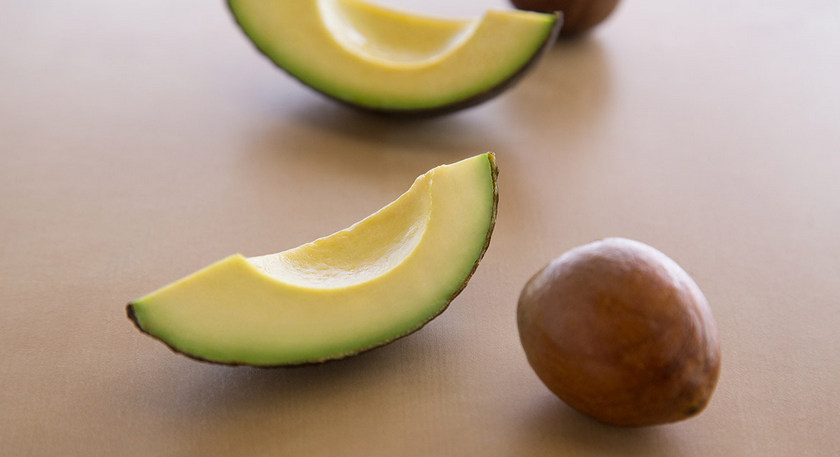
Can you eat avocado pits?
We have received a lot of questions from consumers and dietitians lately asking us what we think about consuming the avocado seed/pit, and We don’t recommend it.
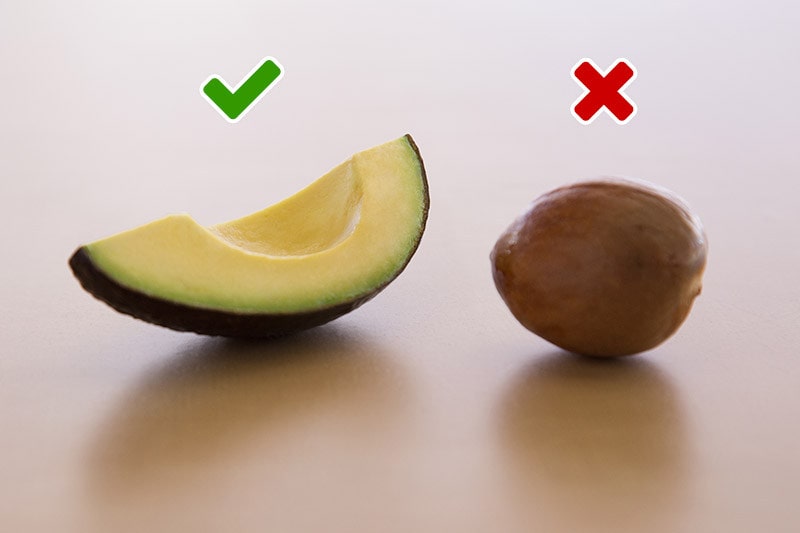
Are avocado pits poisonous?
While this is presently a very popular topic and there is a body of evidence looking at extracts of the avocado seed, the fact is there is not enough research to support consuming an avocado seed or its affects on the human body. Avocado pits aren’t highly poisonous to humans but the purported health benefits and risks of avocado seed intake are poorly characterized.
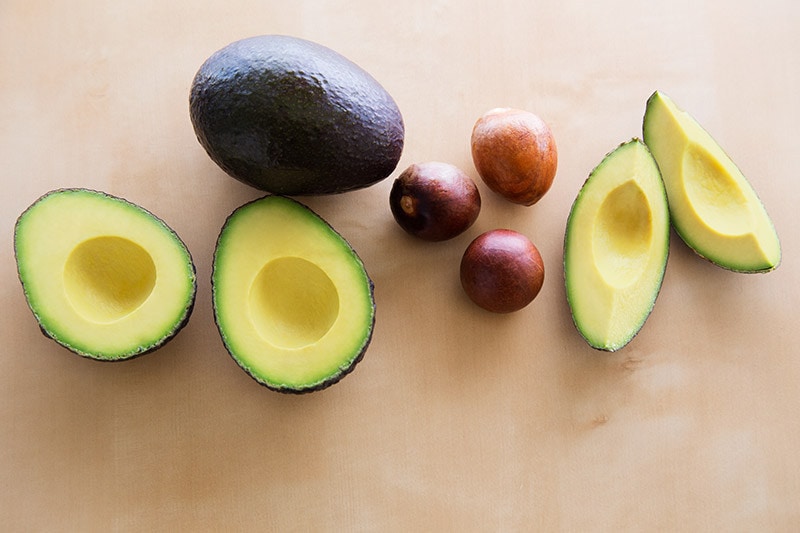
Why is eating the avocado seed such a popular question?
At least some of the reasons for this question coming up are publications by food scientists concerning what nutrients are in avocado pits.
One such article — which was a review article summarizing prior research — was published in late 2022 in the journal Food Chemistry: X by an international group of food scientists, biochemists and agricultural scientists. The article is open access and the full text can be found at https://www.ncbi.nlm.nih.gov/pmc/articles/PMC9789361/. A summary of the article’s findings follows.
Avocado seeds do in fact contain a lot of nutritious compounds, such as carbohydrates, fats, fiber, protein, vitamins and minerals. The fact that avocado seeds contain these compounds is not surprising. Most of the material in an avocado seed is the two cotyledons (seed leaves) that we commonly think of as the two halves of an avocado seed. The function of the cotyledons is to fulfill all the nutritional needs of the young seedling until its roots are functioning and capable of taking up water and nutrients to support the young plant. In fact, this characteristic of seeds is precisely why seeds are such a commonly consumed food: all nut crops (almonds, pistachios, walnuts, etc.), beans, peas, wheat, barley, oats, corn, the list goes on. So maybe it’s not such a crazy idea to eat avocado seeds.
The macromolecules found in avocado seeds are carbohydrates, lipids and proteins. Carbohydrates are the single largest component of avocado seeds, accounting for about 65% of the mass of a seed, with starch accounting for more than 90% of those carbohydrates. Lipids (fats) account for only about 1% to 1.5% of the avocado seed. Of these lipids, linoleic acid is the most common, making up about 35% to 40% of the lipids in avocado seeds. Linoleic acid is a polyunsaturated omega-6 fatty acid and it is one of two essential fatty acids that humans must consume in their diet. Various studies have found the protein content of avocado seeds to be quite variable, ranging from about 3% to more than 20%.
The micromolecules in avocado seeds are minerals, vitamins and other bioactive compounds. The primary minerals found in avocado seeds are phosphorus, calcium, potassium, iron, sodium, zinc and copper. Vitamins include vitamin A, thiamine (B1), riboflavin (B2), niacin (B3), vitamin C and vitamin E. Of the bioactive compounds found in avocado seeds, phenolics are the largest group. Research published in the journal Molecules states that, “From a human physiological standpoint, phenolic compounds are vital in defense responses, such as anti-aging, anti-inflammatory, antioxidant and anti-proliferative activities.”
Research has been conducted on the apparent health benefits of extracts of some of these various compounds found in avocado seeds. In studies with animal and human cell lines, biologically active components of avocado seeds were found to exhibit anticancer potential against prostate, lung, breast and colon cancers as well as hepatocellular carcinoma. In fact, there is a surprising amount of research looking at the effects of avocado seed extracts on cancer cell lines. Then again, plant-based anti-cancer medicines are a major focus of research because they hold the promise of having far fewer side effects than synthetic anti-cancer medications.
In diabetic rat lines, avocado seeds and hot water extracts of avocado seeds were found to lower blood glucose and cholesterol. The response of diabetic rats treated with a reference drug after 14 days was equivalent to the reaction seen following 21 days of treatment with avocado seed extract.
Free radicals are unstable molecules formed during normal cell metabolism, which if not controlled can build up and damage other molecules such as DNA, lipids and proteins and may increase the risk of cancer. In the body, free radicals are dealt with by antioxidant compounds. In vitro (in a test tube) studies show avocado seeds have antioxidant potential. And aqueous extracts fed to rats were found to reduce radical-induced oxidative damage. One study added freeze dried avocado seed powder to ground beef and found that it reduced oxidation, which could potentially increase the shelf life of the meat.
In other in vitro research, it was found that aqueous extracts of avocado seeds could inhibit acetylcholinesterase, which catalyzes the breakdown of acetylcholine and is believed to be a primary cause of Alzheimer’s disease.
Lastly, avocado seed extracts were found to have anti-inflammatory effects on cell lines. Additionally, seed extracts fed to mice suffering from paw edema were found to reduce inflammation (edema) on the test mice paws.
Indisputably, there are many compounds found in avocado seeds that potentially have health benefits. However, to my knowledge none of the trials showing potential health benefits of avocado seeds have been conducted on humans. Furthermore, most of the studies showing potential health benefits utilize various extracts of the seeds or purified compounds extracted from the seeds, not simply raw avocado seeds.
This is all in contrast to the vast library of data that the Hass Avocado Board’s nutrition research program has amassed using avocado flesh. HAB’s studies have found wide ranging health benefits of eating avocado flesh, including heart health, diabetes, weight management, gut health and cognition, brain and eye health — virtually all the benefits that can purportedly be gained from eating avocado seeds.
Although avocado seeds show a lot of potential concerning health benefits, there are no direct human feeding studies to show the safety or benefits of consuming avocado seeds. Until then, stick to the avocado flesh which has proven health benefits.
In fact, the flesh/pulp of the California Avocados is ripe with nutrition. One-fifth of a medium avocado (1 oz.) has 50 calories and contributes nearly 20 vitamins and minerals, making it a tasty choice for a nutritious and healthy diet. California Avocados are naturally sodium and cholesterol-free; a naturally nutritious superfood.
We have much more avocado nutrition information available in our nutrition section. Or read about avocado nutrients to get all of the facts on this nutrient-dense fruit.
What can you do with an avocado seed?
If you’re still looking for something to do with your avocado seeds, consider growing your own avocado tree or houseplant!
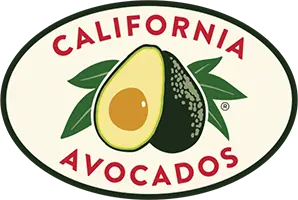
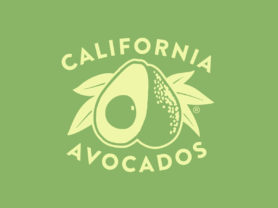
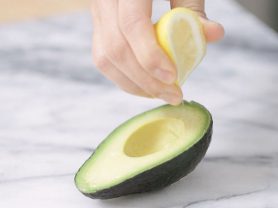
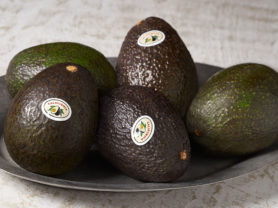
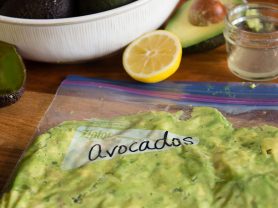

Comments